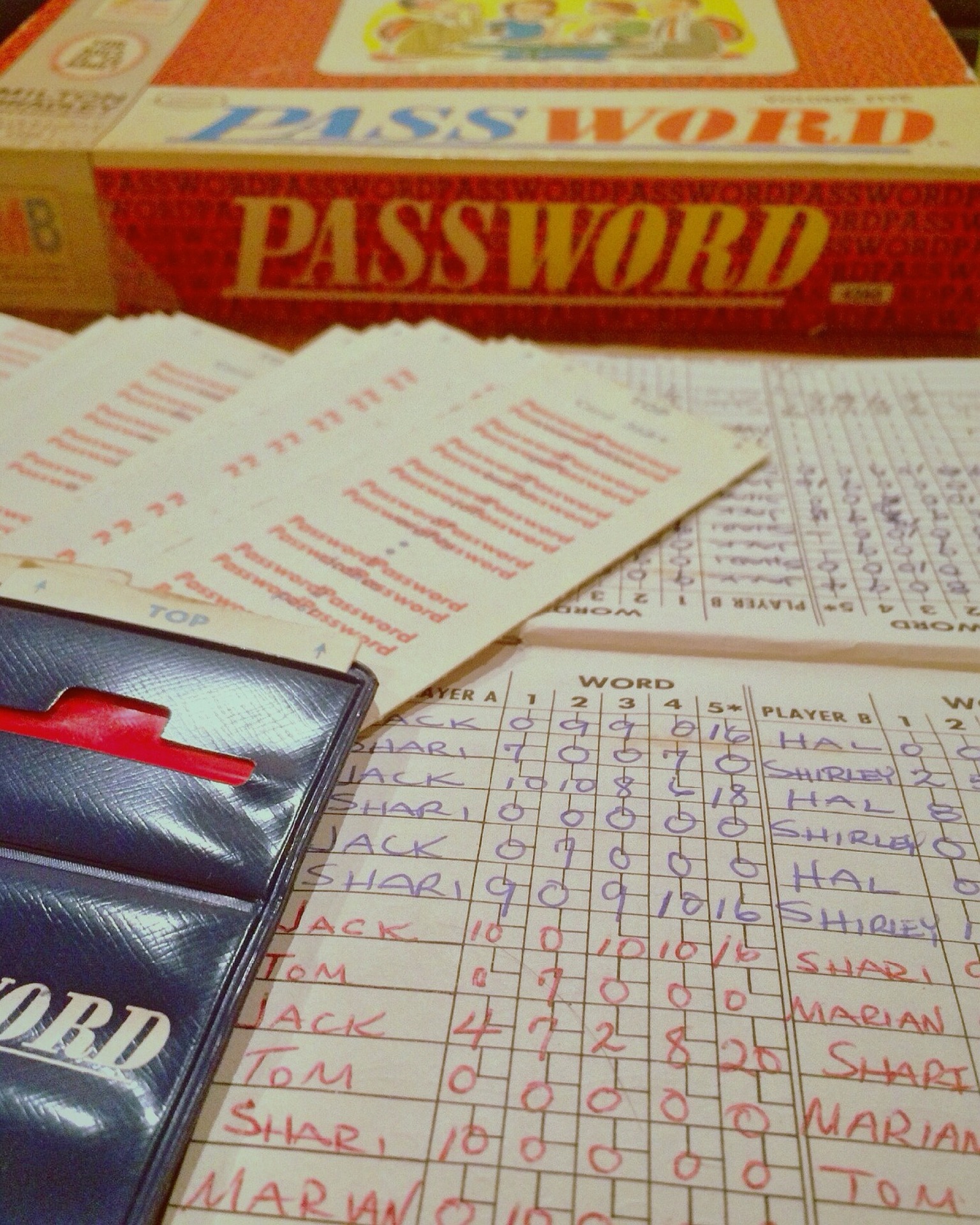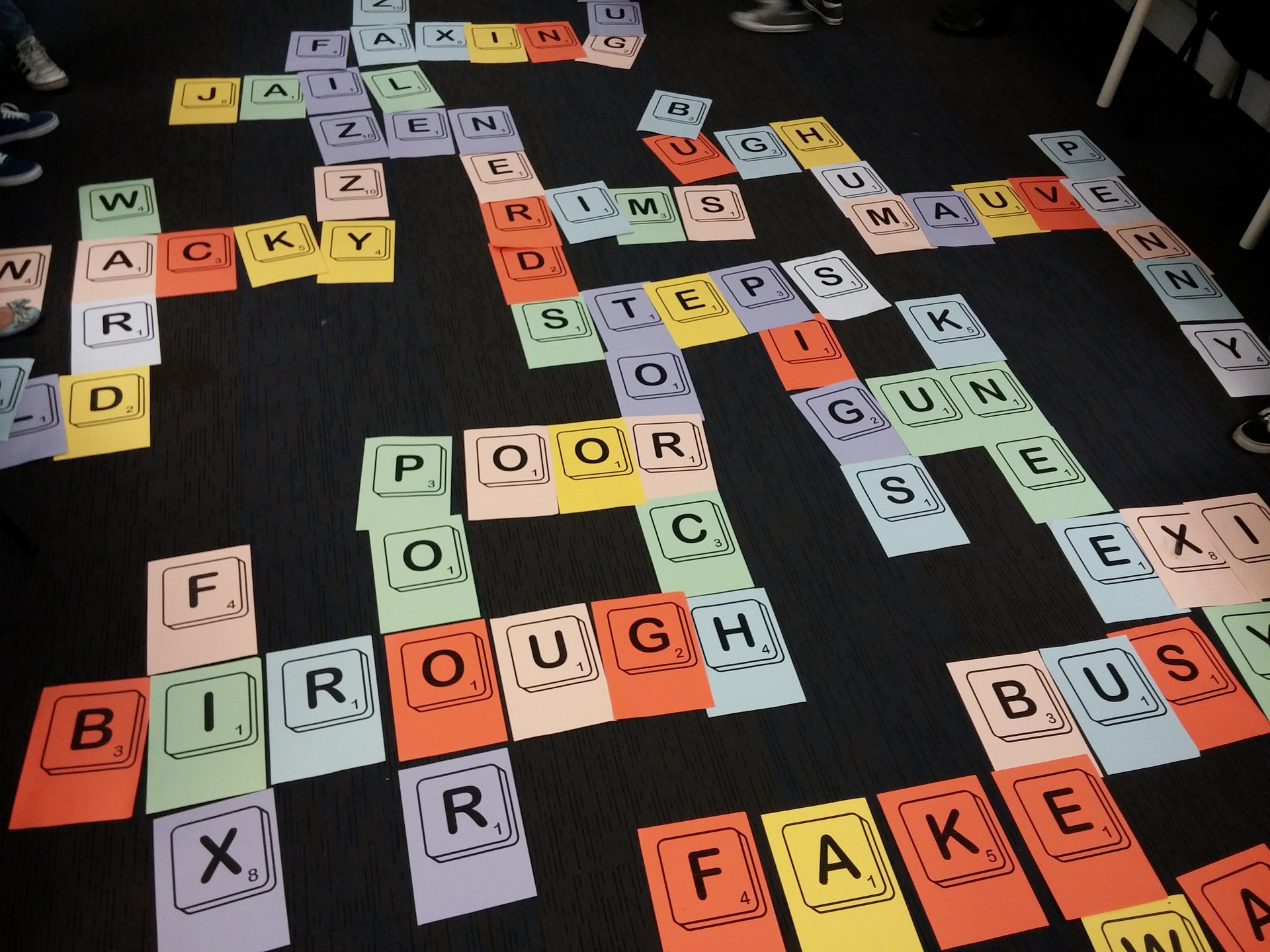Almost every parent remembers telling stories to their toddler before bed, or to capture children’s attention when they are eating. Storytelling has always been a way to engage young minds, and help them develop imagination, thoughts, and vision. Nonetheless, people often fail to recognize how powerful storytelling can be in improving a student’s learning capability.
Incorporating storytelling for kids in a student’s learning process is all about mastering storytelling methods. Young students have a highly active brain, often distracted or uninterested to pay attention. However, using the right strategies and techniques can immerse the students in a story.
As important as storytelling is to make little kids emotionally connect to different feelings, it is significant to stimulate school-going children intellectually. It is not only a teacher’s responsibility to provide comprehensive lessons to students by storytelling but also parents’ to give them academic lessons and life lessons.
The significance of storytelling to students
There are numerous ways in which students can enjoy the benefits of listening to stories. Starting from integrating classroom lessons to developing personal skills- here are a few points on how significant stories can prove to be.
Listening skills
Being attentive to stories aids in making the students good listeners. Listening skill required for effective communication and correct interpretation. When children are listening to and interpreting from stories on a regular basis, they are more likely to pay their entire attention. Stories must be delivered in a fun, creative and understandable way to help children develop the skill.
Critical thinking abilities
Delivering a story with a proper storytelling method ensures that students take the most from it. It stimulates the analytical abilities of children. They develop skills like problem-solving or looking into deeper details.
These life skills stay with them forever and have an impact on their decision-making, thoughtfulness, career development, and overall lifestyle. Children who have better analytical skills are more likely to get through rough situations easily. It also shows a large positive impact on their academic life.
Facts vs. stories
Delivering information through storytelling is much more effective than through facts or statistics. Whereas facts and statistics are all about memorizing, stories are about relating and connecting to. Memories fade away. However, stories do not.
Whenever children are taught a lesson through a story instead of using data and facts, they tend to remember it for much longer. More importantly, they get the message more easily instead of just trying hard to memorize it. Especially when children can connect to stories or hear real-life incidents, they can relate to it emotionally as well rather than just being stored in one part of the brain as information.
Stories as introductions
Introducing a new topic to children can get pretty hard to keep their attention captured. Unfamiliar discussions can get boring, difficult to understand, or uninteresting to students. However, when stories are simple, arranged by the right storytelling method, and pleasant to listen to, they can be used to introduce a new topic to the students. Fortunately, without boring them or making them anxious about the difficulty level!

The story can be metaphoric, events from history, or personal experience. For instance, a topic like gravitational force might sound complicated if the name is written down on a board. The same topic will sound much more relatable and easier if you start by telling the famous story of Sir Isaac Newton and the apple.
Stories to illustrate
Stories can be told to simplify difficult concepts. Narratives can do wonders when it comes to illustrating a puzzling concept to students. It can also make tedious lessons less boring through when used as an example. Stories can also be utilized to summarize learning outcomes.
Motivation in students
Interactive storytelling can greatly influence students. It can motivate them to gain more knowledge or to learn better. It can also influence their perspective, their life skills such as working harder. For example, just how children get inspired to be a better person listening to Aesop’s fables in childhood.
Learning a language
Storytelling can prove to be distinctly useful when trying to teach a language to students. Because this involves a lot of attention and listening, it can be utilized to help students with grammar, vocabulary, and most importantly, pronunciation. Employing suitable storytelling method establishes a good understanding of the use of grammar and words in a language by children.
Attracting reluctant learners
Whereas some students struggle in understanding concepts and topics, some find lectures and academic studies monotonous and unexciting. Simple narratives can prove to resolve both situations. Through proper storytelling, even the most reluctant of students can be encouraged to learn.
Understanding perspectives
Stories can make children connect to different like-minded characters. But it can also build an understanding in students of different perspectives. Learning the conflicts between characters, how different personalities perceive the same situation through narrating stories.

In a nutshell, stories that children can easily understand, relate to, and feel connected to can be an essential part of their learning process.
Ways to master storytelling method
The effectiveness of storytelling depends on the narrative or illustration style. What students will take from it entirely relies on either or not one can master storytelling methods. Here are some tricks and tips to master storytelling –
Pre-storytelling
It is very important to connect to a child’s prior knowledge and experiences to decide if they can relate to a story or not. Being a parent, one should be conscious of the interests and emotions of their child. To successfully influence a child through a story, parents must recognize which is the most suitable way to deliver the story, particularly for their child.
In addition to perception, language is also important before telling a story. Making sure the audience of that story are familiar with the language, and arranging the narrative in such a way that its vocabulary and sentences are comprehensive to the students is vital.
The Grabber
To draw the focus of students to a story can get pretty hard when children are indifferent and easily distracted. The solution can be adding a grabber to your story- give them a purpose of listening.
Starting any story with a question, or a suspenseful situation, or something out of the box will always attract the children. They will, indeed, feel that the story is not going to be as boring. That is going to make them devote all their attention to the story. Remember, the grabber must be straightforward and comprehensible.
Hold on to the suspense
One of the trickiest parts of mastering storytelling method is to keep the narrative interesting throughout. A plot, a conflict, and some other elements are must to keep the students eager and think “What is going to happen next?”.
Creating a suspenseful situation can be easy. However, maintaining the suspense throughout the storytelling process is not. This rollercoaster ride can provide to the audiences with a build-up of a progressive story, including a climactic conclusion. It can also be done by starting a story at mid-point and then drawing back to the past revealing how the events occurred.
Do not overdo details
Too many complications and over-detailed descriptions do not necessarily make stories any better. The idea is to keep it simple. Eliminate any irrelevant content, unnecessary information and do not overdo the details. However, it is also important to mention some details so that it is possible to visualize a story.
Storytelling should be smart, not complex. Complexities and too many details can often confuse children and cause a lack of interest or curiosity. To deliver an exceptional plot in the proper storytelling method, the storyteller must keep it simple and full of suspense.
Body language
Body movements and eye-contact are enormously important when it comes to narrating a story. Words are not enough to stimulate children’s thoughts and make them relate to a situation. For a clear understanding and to bring out the fullest of a moment through storytelling, one must express through body language as well.

Along with body language, facial expressions and eye-contact are crucial. The suspense of a story is mostly built not from the narration itself, but from the facial expressions of the storyteller. Making an eye-contact with the audience shows the confidence of the storyteller, and also establishes a connection with the listeners.
Don’t try too hard
The key to successfully deliver a story is being yourself and following a way you are most comfortable with. After all, that is what gives one the confidence. Do not try too hard to make it perfect. Keep the expressions and words as natural as possible. Invest your efforts in developing the storyline, starting off exceptionally and maintaining the hype, rather than focusing on how you sound. Make sure you do not let the whole process of storytelling look artificial.
Add a surprise!
Whether a good twist or a bad one, a surprise in the plot is always a plus point to the story. Grasping storytelling method is to know where to add the surprise element, and how to make it exciting.
Especially when it comes to children, they tend to get bored very quickly. A surprise is always going to make it more exciting. Unexpected bewilderment for the students also provokes them to be more aware of what is going on in the story. It also helps them think more critically.
Encourage interactions
Successful storytelling gets the audience wonder “What will happen next?”. But when the purpose is to capture students’ attention, the best way to tell a story is to let students participate. Let the children guess what could happen next.
Take dramatic pauses while narrating a story so that the students can interact. Allow them to predict, suggest, and discuss what could happen next. That keeps them connected to the plot and also trigger their analytical thinking.
Live the characters
Bringing the characters to life can be one of the toughest jobs to do while reading a story. If you want to master storytelling method, you must know how to create accurate images of each character in the minds of the listeners.
The consequences faced by different characters are what brings emotions to the listeners of a story. To bring characters to life, you should explain each character with a greater amount of details. In addition to that, you can even try making distinct voices when narrating parts from individual characters. Construct a story scene-by-scene rather than just presenting a concept.
The most common way through which children relate to a story and get engaged in it is through understanding the characters and liking or disliking them. Without making the characters sound real, that is not possible to achieve.
Let the story have its ‘moments.’
Build up moments in your story that are worth remembering. It can be a dramatic situation, or it can be a powerful statement. Let the children think about that moment even after the story has ended. These impactful parts of a story ensure that children are glued to listening to the story until the end and even after it is over.
Connect stories to real life
Stories are only tales when not relevant to the actual surroundings. Connecting stories to real life is essential to in reality let it influence them. A story can represent a topic, be an introduction, or reflect a problem of the real world. However, the most crucial step is to reveal the link between the tale and true incidents.
This way children will either receive lessons on problem-solving or get a broader view into certain subjects. That is what makes getting the hang of storytelling methods essential.
Sharing first-hand experience
Sharing incidents from your personal experience as a story, especially as a parent will help you connect with your child’s emotions and vice versa. If your child is struggling with a concept and you use your past experiences to tell a story, they will be able to feel that you understand them.
Children often love to hear stories from the lives of their parents. Not only because the stories are real but also because the parents are much more composed and the environment created is cozy.
Turn ordinary into extraordinary
How perspectives can vary so largely is astonishing. A simple story can become an extraordinary one when told from an unusual angle or point of view. Even the events from day to day life can become a beautiful story when narrated in the correct way, with just the right amount of emotions and a discrete perspective.
Pour your imagination and emotions into the incidents around you to create a story and to grow a skillful storytelling method. Think from a different frame of mind. For instance, a little boy selling chocolates is a very ordinary scenario. But you can portray it from a perspective where the people who sell happiness cannot taste it themselves- which can make it extraordinary.
The takeaway
If you really want the stories you tell to have an impact on the children, the messages that they take from the stories are vital. A conflict and a climax of a story are not much of a use if a plot is not provided with a positive resolution in the end. The best way to help children receive the message is to pack it into a memorable phrase.
Bring variety to your stories
If you are reciting a story to children, make sure all your stories are not similar. Telling a divergent series of stories to the students keeps their interest alive. Also, they can learn a number of different things from different plots.

Capturing the attention of young students can be a troublesome task. Mastering the art of storytelling and employing the right storytelling method can aid in making lessons comprehensive, helping your child relate to situations, and teaching them to deal with situations. There are different storytelling apps that pave the way.
Beyond just storytelling
Narrating a story is not the end if the motive is to inspire children and assist them in interpreting lessons truly. Sometimes you have to do more than just narrate a tale, chronicle or experience. It can be involving other activities in storytelling, or it can be certain actions after the storytelling is done.
Visualization of plots
Ever wondered why children storybooks contain pictures? It is because the brain is easily more attracted to pictures than just words. To draw the concentration of students to a story also may require to make the story visual.
You can add images or illustrations between stories to help children visualize it. Or even small videos can be used before you start a story or after you finish it to provide a view of the scenario. However, it is not a must. But it is definitely going to make your story more attractive and bring more life to it.
Using props
In different phases of a story, various props can be used to create a similar situation or environment as in the story. Just imagine how amazing and satisfying it would have been if someone brought a real glass shoe while reciting Cinderella when you were a child? That is how using props can make it much more entertaining for young students to learn about a specific topic through stories.
Props like cut-out characters or puppets can also be used to demonstrate certain scenes from a story. These tricks are definitely an enhancement if you are trying to grasp the expert storytelling method.
Sound effects
Sound effects can do wonders to make a story feel real. The sound of thunder while describing a stormy night, or the sound of a knock on the door while narrating a horror plot- these are examples of using sound effects.
These auditory effects psychologically attract the young people more than only the story on itself can do. Moreover, music can also be added when needed to enrich the description of a situation.
Post-storytelling
There are several activities that can be utilized after a story is finished to make sure the children make use of their brain. It can also evaluate if the students have been procrastinating or not. Post-storytelling activity is an important part of storytelling methods and must be mastered in order to achieve success in delivering a story.
A question-answer session after the story: The storyteller may ask questions to the listeners for their active participation in answering the questions. Teachers may also allow the children to ask each other questions so that they can interact among themselves. This is a challenging activity and very well established to hold the attention of children.
Creating their own endings: Another post-storytelling task can be to ask a student to create his or her version of the story by narrating a different ending. This enables the kid to evaluate the plot critically and to focus on details. Instead of an alternative ending, a continuation of the story can also be asked for.
Drama and role-playing: Allow the students to play different roles from a story and act out the plot. This makes them enthusiastic about remembering details from the stories and keeps them excited for the next story to be recited.
Discussing likes and dislikes: After a narrative is over, a small discussion with a child about what he or she loved about the story and what was disappointing will make them feel the importance of how they perceive a story.
These steps determine the true success of storytelling and also conserve the interest and attention of children.
Concluding remarks
Concepts that are dull, difficult or lifeless can be brought to life as stories add meaning, emotions, and context to those. Utilizing the proper storytelling method can benefit the learning process of children. You can even incorporate different storytelling games to make the process even more fun.
Stories can inspire students, develop skills in them, and make learning easier for them. The ways to improve storytelling can be various, including- starting with and maintain suspense, adding the right amount of details and astonishing factors, making the characters come to life, and using the right movements of limbs.
Most importantly, one must narrate in a way that the children can relate to it. Students should be allowed to communicate about the outcome of the recitation of the story. Last but not least, the storyteller should implement pre and post-storytelling research and activities for truly mastering storytelling method.
Now you can take part in online Spelling Bee too! Check out the SBO section on Spellquiz today! This game can even benefit the advanced learners helping with 11th grade spelling words or 12th grade spelling words.
Also, try this vocabulary test to understand your current skill level! Try these spelling tests to master English spelling! Also, don’t forget to check the complete list of spelling words.

























